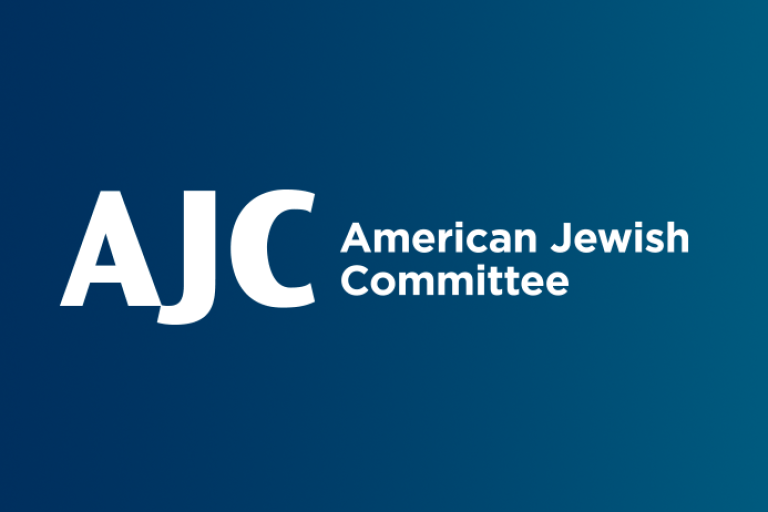March 25, 2024
Purim is the holiday of feeling upside down. The Megillah is the only Jewish sacred text written in the diaspora. In those days, Jews lived at the whim of the monarch, in this case the simpleton Achashverosh. He is easily swayed by conniving ministers and is equally comfortable with the genocide of the Jewish people as he is watching his own subjects killed.
At the time of the Megillah, the ideas that Jews would have power was farcical. It reads (Esther 9:1) “the opposite happened; the Jews ruled over their enemies.” Ruling over one’s enemies is considered by the author to be “upside down” for, living in ancient Persia, the idea of Jewish power seemed like an unattainable fantasy. Purim is revolutionary. Jews have power – even for a brief moment.
G-d’s name isn’t mentioned in the Megillah. The persecution of the Jews was not because of a religious identity alone, rather, as the Megillah says (Esther 3:8) “There is a certain people, scattered and dispersed among the other peoples in all the provinces of your realm, whose laws are different from those of any other people and who do not obey the king’s laws; and it is not in Your Majesty’s interest to tolerate them.” In this verse, Haman, the scheming minister, accuses the Jews of being an “other,” disloyal to the king who are a people unto themselves. No matter what they observed, they will still “the Jews.”
From the time of the Roman exile until 1948, Jews were tolerated by dictators (until we weren’t) and subject to the shifting winds of democracy. And in 1948, Jews reclaimed self-determination and agency.
During the time of the Megillah, Jews in the Diaspora, symbolized by Esther and Mordechai, petition the king to spare them. They use Esther’s and Mordechai’s positions in their society – Esther as Queen and Mordechai who saved the life of the king – to obtain access to Achashverosh and convince him to let the Jews defend themselves and pursue those who would attack them. The story tells us that only due to the intervention of Esther and Mordechai, Jewish life was preserved.
What does this mean for us today here in the Diaspora? As American Jews living in a secular democracy, it is our obligation to speak truth to power, to attain societal credibility and advocate for our people, wherever they are.
In addition, we should recognize that the tools of the Diaspora aren’t always useful to the Jews of Israel who possess agency and self-determination. They use their power differently and are often criticized for doing so.
While we are one people, we use totally different strategies to survive. These strategies complement one another. By doing what we do in the Diaspora and Israel doing what it does, we can be successful in enabling our people to grow, wherever they make their home. That is the mission of AJC.
I wish you a happy Purim!


